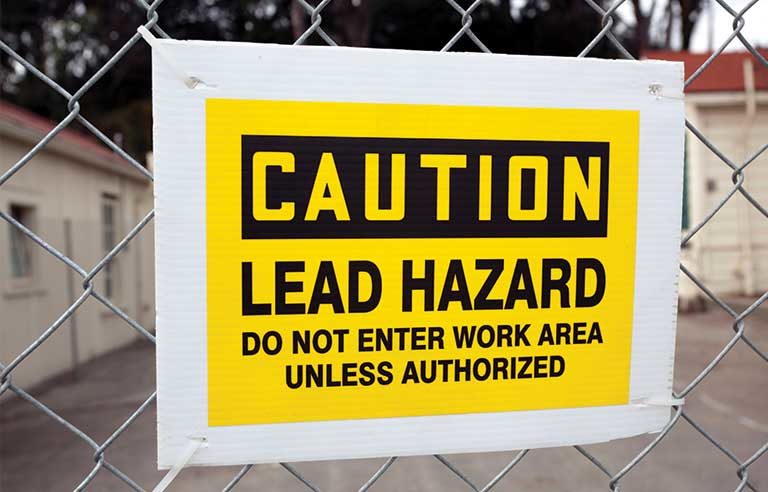California governor signs bill aimed at protecting workers from lead poisoning

Sacramento, CA — Workers with high blood lead levels will now have their cases referred to the state’s Division of Occupational Safety and Health – or Cal/OSHA – for review and possible action, under legislation signed into law by Gov. Gavin Newsom (D) on Oct. 10.
Under A.B. 35 – sponsored by Assemblyman Ash Kalra (D-San Jose) – a laboratory report of at least 20 micrograms of lead per deciliter of blood is considered “injurious to the health of the employee” and requires the California Department of Public Health to refer the case to Cal/OSHA within five business days. The division must then open an investigation within three days and complete it within six months.
An elevated BLL constitutes a serious violation. Cal/OSHA will oversee potential citations or fines in each case and make them publicly available.
The bill also notes that the BLL it establishes is not meant to supersede the lower BLL that may be actionable under Cal/OSHA’s current standards in its general industry or construction safety orders. The action level in these orders is defined as 30 micrograms per cubic meter of air calculated as an 8-hour time-weighted average.
| Sign up for Safety+Health's free monthly email newsletters and get the news that's important to you. |
Lead exposure can cause permanent bodily damage and has been linked to hypertension, kidney disease and cognitive dysfunction, among other adverse health effects. A 2017 report from CDPH states that more than 6,000 workers in California have elevated blood lead levels.
“Without this important legislation, countless numbers of employees will remain exposed to lead in their jobs, making them vulnerable to irreparable neurological damage and heart disease,” Kalra said in an Oct. 11 press release. “A.B. 35 will help to ensure proper oversight and that timely action is taken by our state agencies when elevated exposures to lead are reported.”
Post a comment to this article
Safety+Health welcomes comments that promote respectful dialogue. Please stay on topic. Comments that contain personal attacks, profanity or abusive language – or those aggressively promoting products or services – will be removed. We reserve the right to determine which comments violate our comment policy. (Anonymous comments are welcome; merely skip the “name” field in the comment box. An email address is required but will not be included with your comment.)

